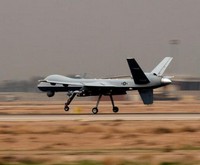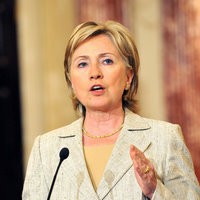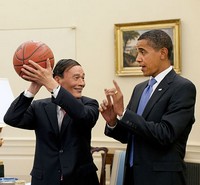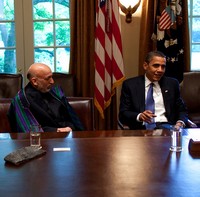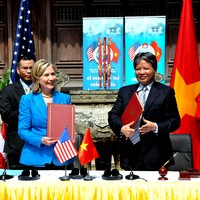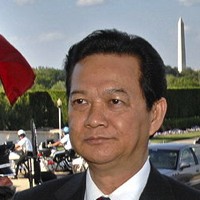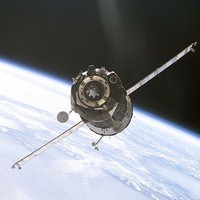
Despite all the uproar generated by President Barack Obama’s open-mike comments to Russian President Dmitry Medvedev at the nuclear summit in Seoul, no one should be shocked that election-year calculations play a major role in international politics. It is perfectly understandable that, in gearing up for what will be a tough and challenging re-election campaign, Obama would prefer not to have to deal with crises now if they can be postponed until after the ballots have been cast. This same logic has driven efforts to persuade Israel not to launch a strike on Iran, which might have immediate and drastic […]

